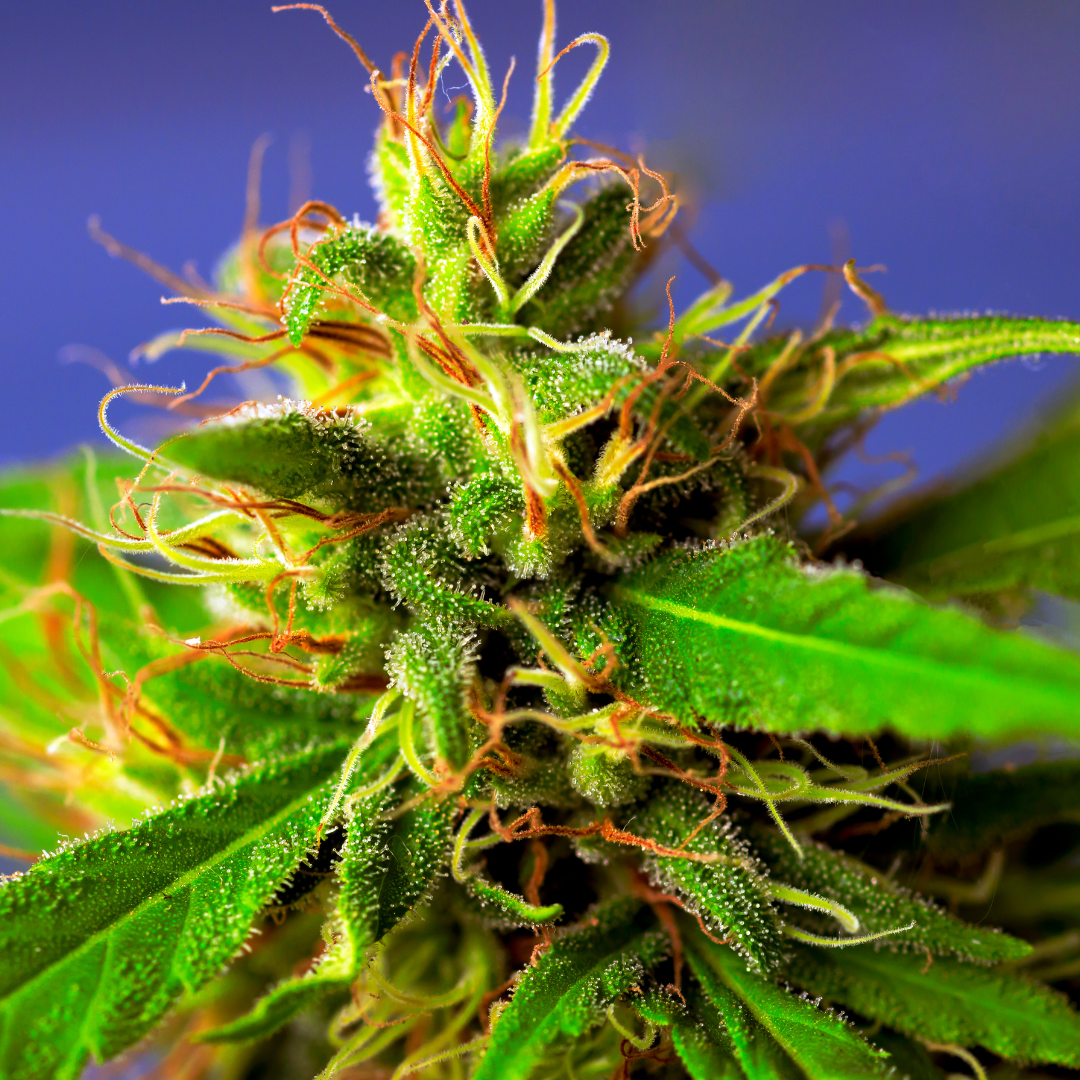
Understanding THC: The Key Component of Cannabis
Share
What is THC?
Tetrahydrocannabinol (THC) is the primary psychoactive compound found in cannabis. Known for producing the "high" associated with marijuana, THC plays a crucial role in the effects and benefits of cannabis. Understanding THC is essential for anyone looking to explore the world of cannabis, whether for recreational or medicinal purposes.
The Science Behind THC
THC interacts with the body’s endocannabinoid system (ECS), which is responsible for regulating various physiological processes, including mood, appetite, pain sensation, and memory. The ECS consists of cannabinoid receptors (CB1 and CB2) located throughout the body. THC primarily binds to CB1 receptors in the brain, leading to the psychoactive effects commonly experienced by users.
How THC Affects the Body
-
Euphoria and Relaxation: One of the most well-known effects of THC is its ability to induce feelings of euphoria and relaxation. This makes it a popular choice for those seeking relief from stress and anxiety.
-
Altered Perception: THC can alter sensory perception, enhancing experiences like taste, sound, and color. Many users report that food tastes better or music sounds richer when under the influence of THC.
-
Increased Appetite: Often referred to as the "munchies," THC can stimulate appetite, making it beneficial for individuals dealing with conditions that cause a lack of appetite, such as cancer or HIV/AIDS.
-
Pain Relief: THC has been shown to provide analgesic (pain-relieving) effects, making it a valuable option for those suffering from chronic pain conditions.
-
Impaired Coordination and Memory: While THC can provide various benefits, it can also impair motor skills and short-term memory. It’s essential for users to be aware of these effects, especially when driving or operating heavy machinery.
THC in Medical Use
THC is not only popular for recreational use but also has significant medicinal applications. Here are some medical conditions for which THC may be beneficial:
- Chronic Pain: THC can alleviate pain associated with conditions like arthritis, fibromyalgia, and neuropathy.
- Nausea and Vomiting: THC is effective in reducing nausea, particularly for patients undergoing chemotherapy.
- Insomnia: Many users turn to THC for its sedative effects, helping to improve sleep quality.
- Muscle Spasticity: THC can help reduce muscle spasms in conditions like multiple sclerosis.
Different Strains and THC Levels
Cannabis strains vary widely in THC content, with some strains containing very high levels and others containing minimal THC. It’s important to consider the strain’s THC level when choosing a product, as higher levels can lead to stronger psychoactive effects.
- Indica Strains: Generally known for their relaxing effects, indica strains often have higher THC levels and are recommended for evening use.
- Sativa Strains: These strains tend to be more uplifting and energetic, often favored for daytime use. They may also have varying THC levels.
- Hybrid Strains: Combining both indica and sativa genetics, hybrid strains can offer a balance of effects, depending on their THC content.
Consumption Methods
THC can be consumed in various forms, each offering different onset times and effects:
- Smoking and Vaping: Inhalation provides quick effects, often within minutes.
- Edibles: Consuming THC-infused foods leads to delayed effects, typically taking 30 minutes to 2 hours to kick in. The effects can also be more intense and longer-lasting.
- Tinctures: These are liquid extracts taken sublingually (under the tongue), allowing for faster absorption than edibles.
- Topicals: THC-infused creams and lotions can provide localized relief without psychoactive effects.
Legal Status of THC
The legal status of THC varies widely across regions. In many places, THC is still classified as a controlled substance, while others have legalized it for recreational or medicinal use. It’s essential to be aware of local laws regarding THC and cannabis use.
Conclusion
THC is a fascinating and complex compound that plays a significant role in the cannabis experience. Understanding its effects, benefits, and legal implications is crucial for anyone interested in exploring cannabis. Whether for recreational enjoyment or medicinal relief, THC continues to be a key component of the ever-evolving cannabis landscape.
For more insights into cannabis and its components, stay tuned to our blog at Everything is Dank, where we empower our community with knowledge and celebrate the rich culture of cannabis!